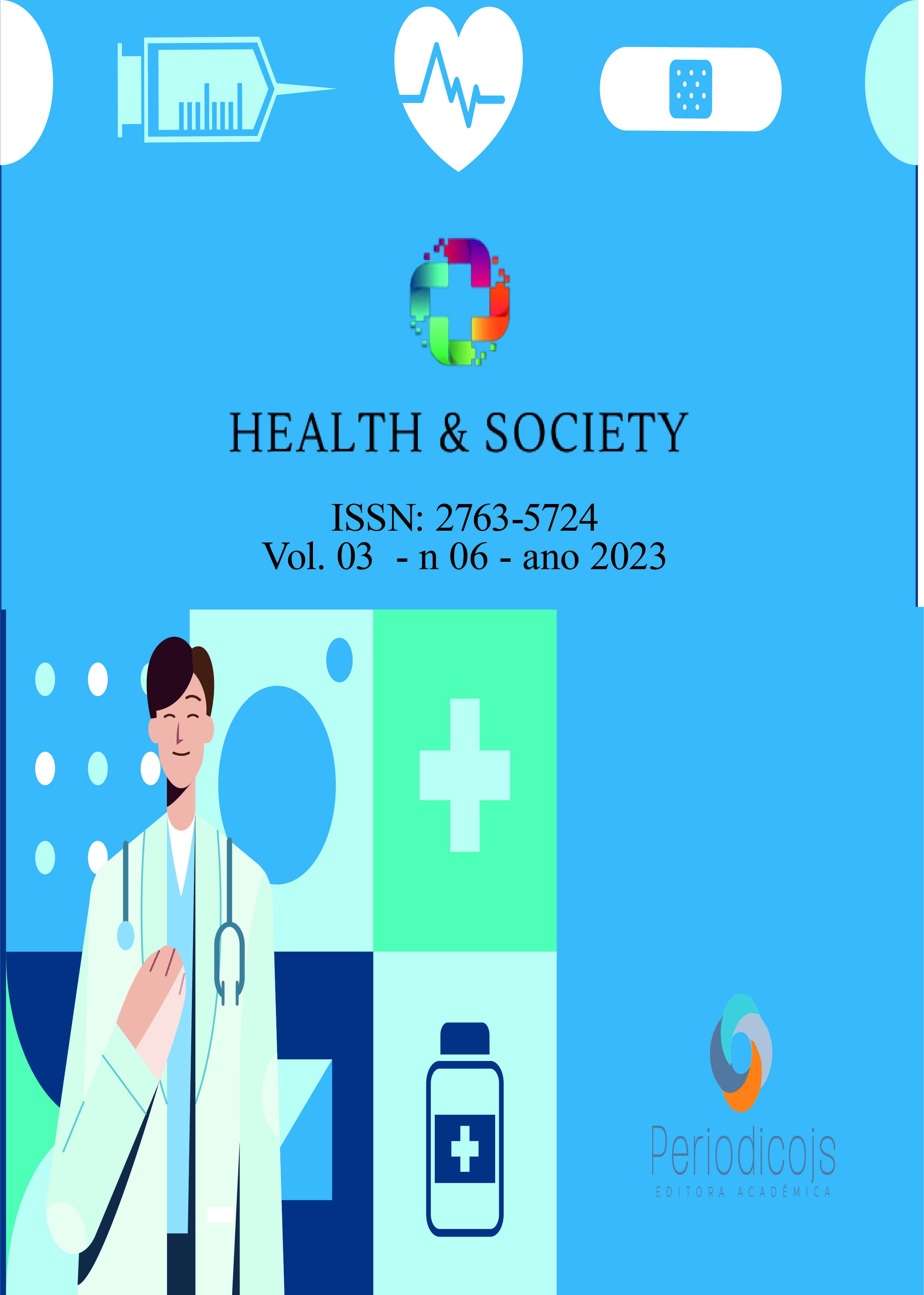Abstract
The purpose of this work is to discuss how the use of Pixton software can contribute to the teaching-learning process about the importance of care related to health promotion and oral hygiene care. The aforementioned work proposal presented is based on the construction of dialogues involving comic books on the theme presented in the aforementioned article using the Pixton software, as an important alternative for enriching and improving teaching practices based on the creation of Comics (Comic Books), given that one of the many problems addressed in schools is how to arouse student interest in learning, and this fact can cause several learning difficulties and low academic performance. In order to meet the objectives contained in this proposal, this work has a qualitative research approach in a descriptive format. In an attempt to provide greater clarity on the conceptual aspects, initially, a bibliographical survey was carried out in an attempt to delve deeper and obtain broad knowledge on the topic covered in this work. Based on the information obtained through the research, the results pointed to a reality that is increasingly present in everyday school life, which is, precisely, the need to use methodologies and actions that can make use of some form of technology. We realized that, using the Pixton software, students will be able to create comics and carry out dialogues on various topics related to health and oral hygiene, where they can also present their creativity while carrying out the activities proposed during classes.
References
ALMEIDA, M. E. Informática e formação de professores. Brasília: Ministério da Educação, 2000.
ANSELMO, Zilda Augusta. Histórias em quadrinhos. Petrópolis: Vozes, 1975.
BRASIL, Secretaria de Educação Fundamental. Parâmetros curriculares nacionais: introdução aos parâmetros curriculares nacionais / Secretaria de Educação Fundamental. – Brasília : MEC/SEF, 1997. 126p.
CAGNIN, Antonio Luiz. Os quadrinhos: linguagem e semiótica: um estudo abrangente da arte sequencial. 1 ed. São Paulo: Criativo, 2014.
CABELLO, K. S. A.; DE LA ROCQUE, L.; SOUSA, I. C. F. DE. Uma história em quadrinhos para o ensino e divulgação da hanseníase. Revista Electrónica de Enseñanza de las Ciencias, v. 9, n. 1, p. 225–241, 2010.
CARUSO, F.; SILVEIRA, C. Quadrinhos para a cidadania. História, Ciências, Saúde -
Manguinhos, v. 16, n. 1, p. 217-236, 2009
CAVALCANTE, M. B. A educação frente as novas tecnologias: Perspectivas e desafios. 2012. Disponível em: https://escola-drxavierdealmeida.blogspot.com/2012/02/educacao-frente-as-novas-tecnologias.html Acesso em: 09 mai. 2020.
DEMO, P. Pesquisa e construção do conhecimento: metodologia cientifica no caminho de Habermas. Rio de Janeiro: Tempo Brasileiro, 1994.
FEIJÓ, MÁRIO. Quadrinhos em Ação – Um século de Histórias. 1. ed. São Paulo: Ed. Moderna, 1997.
FREIRE, Paulo. Pedagogia da autonomia: saberes necessários para a prática educativa. Rio de Janeiro: Paz e Terra, 1998.
FURLAN, Cleide. HQ e os “Syndicates norte-americanos”. In: LUYTEN, Sonia M. (org.). Histórias em quadrinhos – leitura crítica. São Paulo: Edições Paulinas, 1984.
GATTI, B. A formação de professores e carreira: problemas e movimentos de renovação. Campinas, SP: Autores Associados, 1997.
GOIDA, H. C. Pequena história das histórias em quadrinhos. In: GOIDA, H. C.; KLEINERT, A. Enciclopédia dos quadrinhos. Porto Alegre, RS: L&PM, 2011.
LIBÂNEO, J. C. Didática. São Paulo: Cortez, 1991.
MARTINS, Maria de Lourdes Zanetlini. Aprender a ensinar com as novas mídias [s.n] 1995
MOURA, Mariluce. A prima pobre das ciências sociais: entrevista com José Marques de Melo. In: Pesquisa FAPESP, n. 201. São Paulo, novembro de 2012.
PAPERT, Seymour. A máquina das crianças: repensando a escola na era da informática. Porto Alegre: Artes Médicas, 1994.
SAMPAIO, Marisa Narcizo. LEITE, Lígia Silva. Alfabetização tecnológica do professor. Ed. Petrópolis, RJ: Vozes, 2010.
SILVA, Gilda Carla de Jesus; MENEZES, Talita Santos. Alfabetização Tecnológica, 2014
VALENTE, José Armando. Aprendizagem continuada ao longo da vida. Pátio Revista Pedagógica, São Paulo, ano 4, n. 15, p. 9-12, nov. 2000/jan. 2001.
VERGUEIRO, W. A linguagem dos quadrinhos: uma “alfabetização” necessária. In: RAMA, A., VERGUEIRO, W. (Org.). Como usar as histórias em quadrinhos na sala de aula. 4. ed. São Paulo: Contexto, 2012. p. 31-64

This work is licensed under a Creative Commons Attribution 4.0 International License.
Copyright (c) 2023 Kathianna Neves de Souza, Raquel Neves de Souza Bibiano, Kevin William Neves Lacerda





